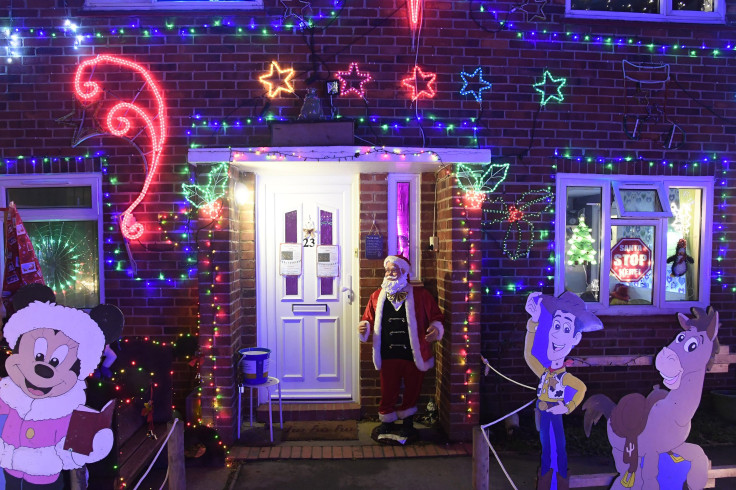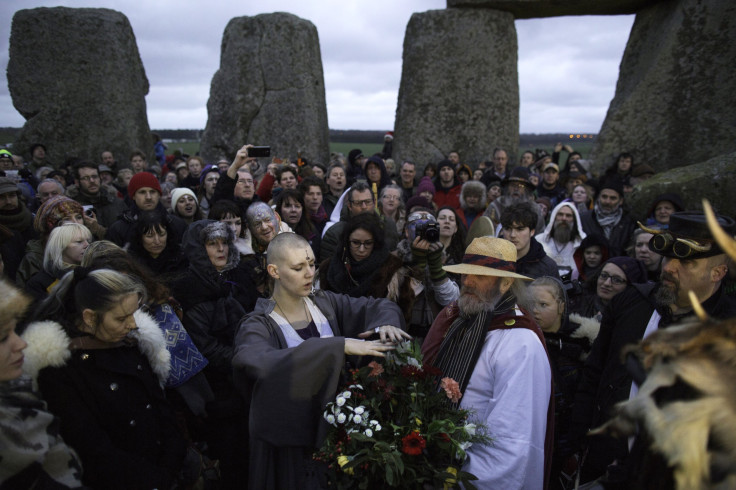Winter Holiday Dates In US 2016-17: When Are Christmas, Hanukkah and Kwanzaa?

No matter your religion or culture, winter holidays always seem to add a certain festivity to the arrival of the cold, dark winter months.
The obvious Christmas, Hanukkah and Kwanzaa holidays are the prevailing, major winter holidays in the U.S. But once the garlands of greenery and menorahs have been extinguished, what other winter holidays might Americans look forward to? Let’s not forget about the federal holidays coming up in 2017 — like President’s Day Weekend — or state holidays — Inauguration Day is observed in a handful of states.
If you do your research, you could find a way to recognize a new “holiday” in the U.S. almost every week for the remainder of winter — and that’s a lot of celebrating. In addition to the major holidays of the season, here are some days to notice and observe this winter in the U.S., according to timeanddate.com.

Winter Solstice: Wednesday, Dec. 21
Christmas Eve: Saturday, Dec. 24 (but Dec. 23 and Dec. 24 are both recognized as a State Holiday in a handful of U.S. states)
Christmas Day: Sunday, Dec. 25
Hanukkah (first day): Sunday, Dec. 25
Kwanzaa (first day): Monday, Dec. 26 (Dec. 26 is also a recognized federal holiday for Christmas, so many federal institutions and places of business will be closed)
New Year’s Eve: Saturday, Dec. 31 (Dec. 31 and Dec. 30 are both recognized as state holidays in Michigan, Wisconsin and Louisiana)
Holidays At The Beginning Of 2017:
New Year’s Day: Sunday, Jan 1 (Jan. 2 is also observed as a federal holiday)
Final day of Hanukkah: Sunday, Jan. 1
Final day of Kwanzaa: Sunday, Jan. 1
Epiphany: Friday, Jan 6
Orthodox Christmas Day: Saturday, Jan. 7
Orthodox New Year: Saturday, Jan. 14
Martin Luther King Day: Monday, Jan. 16 (it's a federal holiday)
Inauguration Day: Friday, Jan. 20 (Louisiana, Maryland, Virginia and Washington, D.C. recognize it as a state holiday)
Chinese New Year: Saturday, Jan. 28
© Copyright IBTimes 2024. All rights reserved.






















